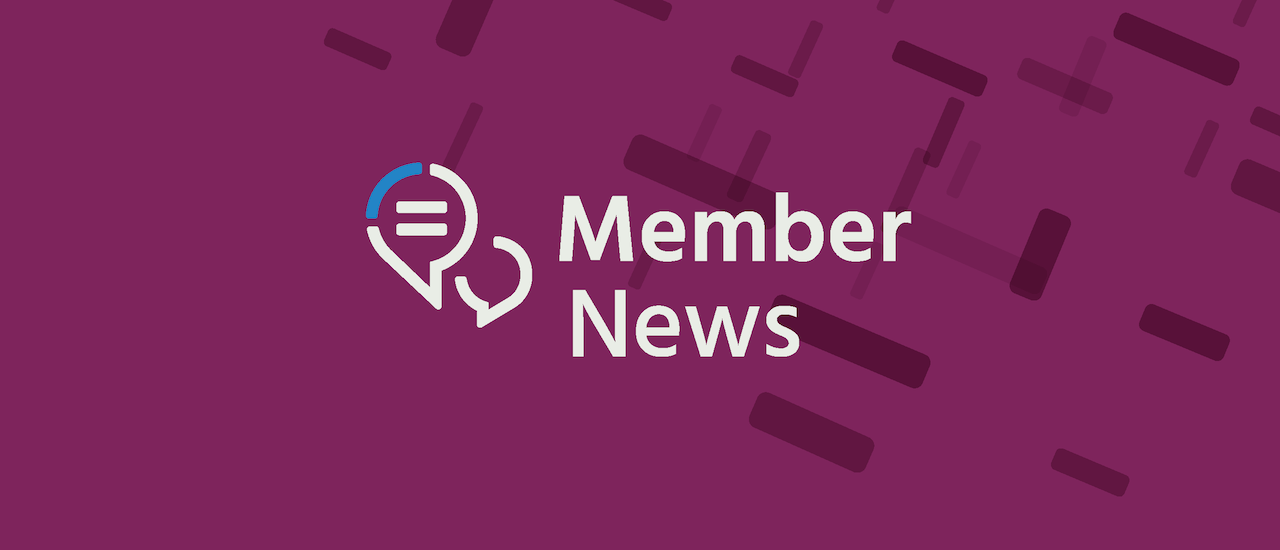Library access: The Kyrgyzstan Chapter of the Internet Society has started work on version 2.0 of its ilimBox project, an online educational platform for teachers and students. The ilimBox device, now powered by the Raspberry Pi 4, will include new educational videos, audio, and text resources. IlimBox is a digital library for schools and public libraries, containing Wikipedia in Kyrgyz, Russian, and English, the Khan Academy electronic library in English, and thousands of video lessons, audio, and electronic books. All these digital training materials can be used offline, with users not needing immediate access to the Internet, although the library also connects to services through WiFi. As of last November, about 100 schools in Kyrgyzstan had installed ilimBox.
Building a better network: The Ghana Chapter has a post on efforts to improve the wireless network at Ho Technical University, and the author credited training from the Internet Society on community networks in helping him sort out problems with the network there. The campus network “had a lot of issues such rogue DHCP servers and IP address conflicts,” the author noted.
Algorithmic privacy: The Commission for the Protection of Privacy in Canada has given a grant to the Quebec Chapter for a research project focused on the impact of algorithms on privacy, the Chapter says. The research project, “Alter Algo: Are algorithms really our digital alter egos?” will explore perceptions and assess the levels of maturity and confidence of Canadian users – particularly young people – in streaming services, regarding the use of their data for any purpose.
Surfing the pandemic: The Israeli Chapter notes a survey it conducted that found increasing use of online resources during the COVID-19 pandemic. About 80 percent of Internet users in Israel consume digital banking services, and during the pandemic, another 8 percent joined them; about three-fourths make appointments online, and that number was up by about 9 percent during the pandemic. The use of online services is also up considerably since a similar survey in 2017. This year, 89 percent of all Internet users in Israel make payments online, compared to 66 percent in 2017. Meanwhile, 85 percent of Internet users said this year that they shop online, compared to 63 percent in 2017.
Faster Internet still needed: The Spain Chapter has an opinion piece about Internet speeds, saying that while broadband is much faster than it was in the ‘90s, content-heavy web pages are not giving users the experience they are hoping for. In 1997, web experts “recommended that the size of web pages be reduced by making limited use of images and multimedia content. More than two decades have passed and we continue to do so: we want faster loading times and we ask for web pages to be lighter.”
Join the global movement! Become a member and champion an Internet trusted and open to all.
